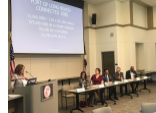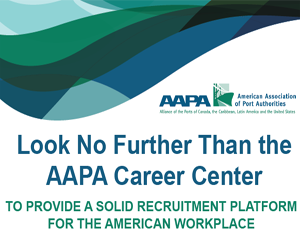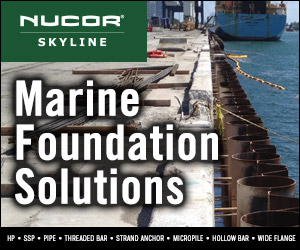

AAPA has developed a new professional certificate program in conjunction with Lamar University’s Center for Advancement in Port Management. The Industry Recognized Port Certificate (IRPC) provides industry newcomers and junior/mid-level port staff with fundamental knowledge of the port industry and introduces participants to AAPA and the greater port professional community. Domestic applications are due on August 12.
|
Over 60 port professionals, educators and industry partners convened at Long Beach City College for AAPA’s first Workforce Development Summit & Apprenticeship Accelerator. During the three days of programming, participants learned about developing the workforce pipeline from port case studies, how to develop and promote talent from within and the importance of awareness in any workforce strategy. The last day focused on developing apprenticeship programs and was led by Transports, an official national industry intermediary chosen by the U.S. Department of Labor to expand registered apprenticeship in ports and the multi-modal transportation and distribution logistics industries nationwide. To view the speaker presentations, click here.
|

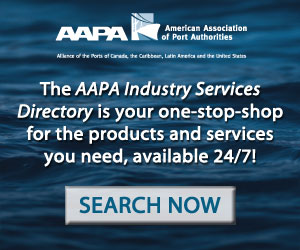
In response to requests from AAPA member ports for a go-to guide to help plan, fund and execute critical repair and project upgrades, AAPA has partnered with the Maritime Administration to develop an easy-to-read, easy-to-understand and easy-to-execute Port Planning and Investment Toolkit (PPIT). The analytical tools and guidance contained in the Toolkit are designed to aid ports in developing “investment-grade” project plans and obtain capital for their projects in a variety of ways, including: (1) improving the chances of getting port infrastructure projects into Metropolitan Planning Organization (MPO) and state transportation plans to qualify for formula funding; (2) better positioning port projects for federal aid; and (3) assisting ports in obtaining private sector investment. The Toolkit was recently updated, and a new module was added to provide an overview of Intelligent Transportation System (ITS) projects and serve as a guide to facilitate the expansion of U.S. port participation in the development, implementation and operation of ITS projects regionally and in a port environment.
|
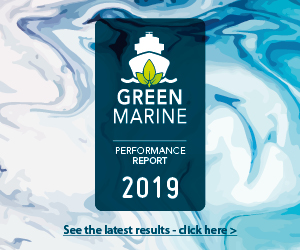
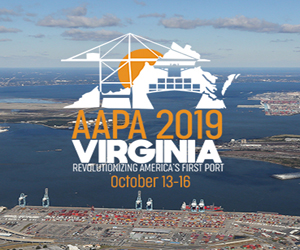
|
| |
|




